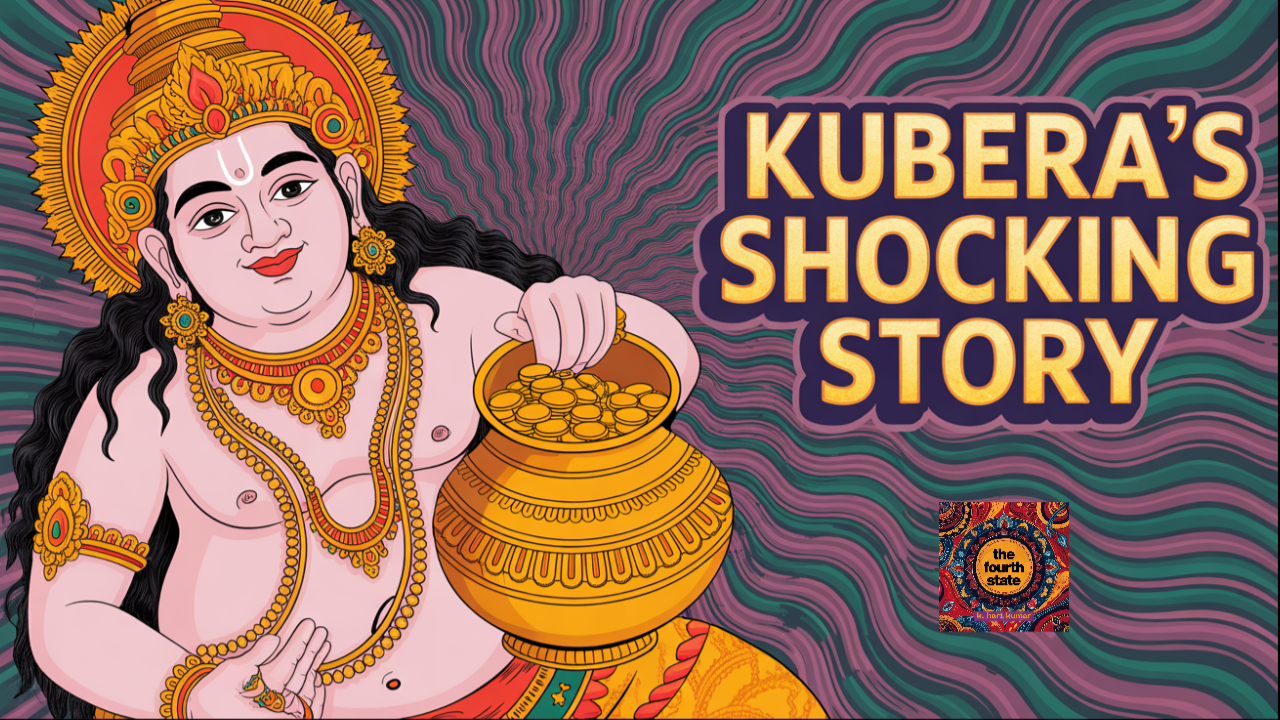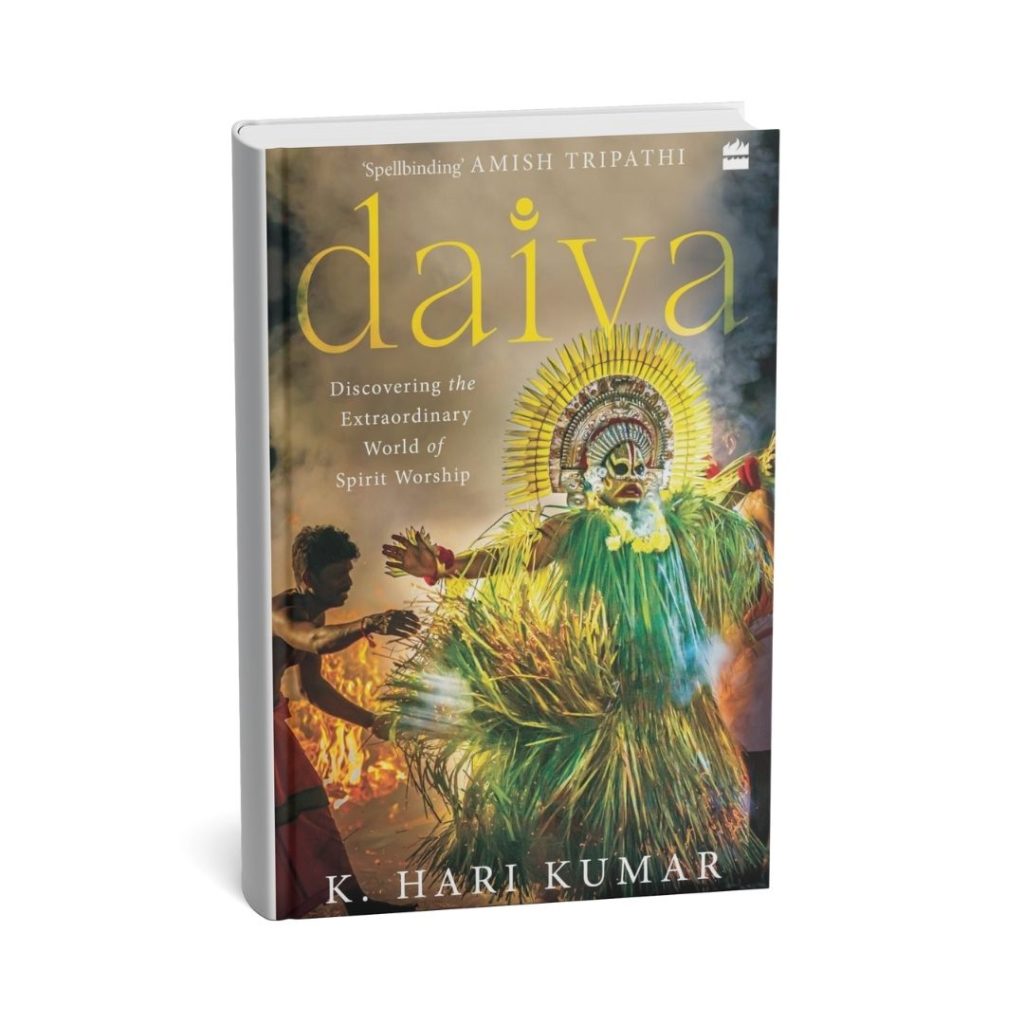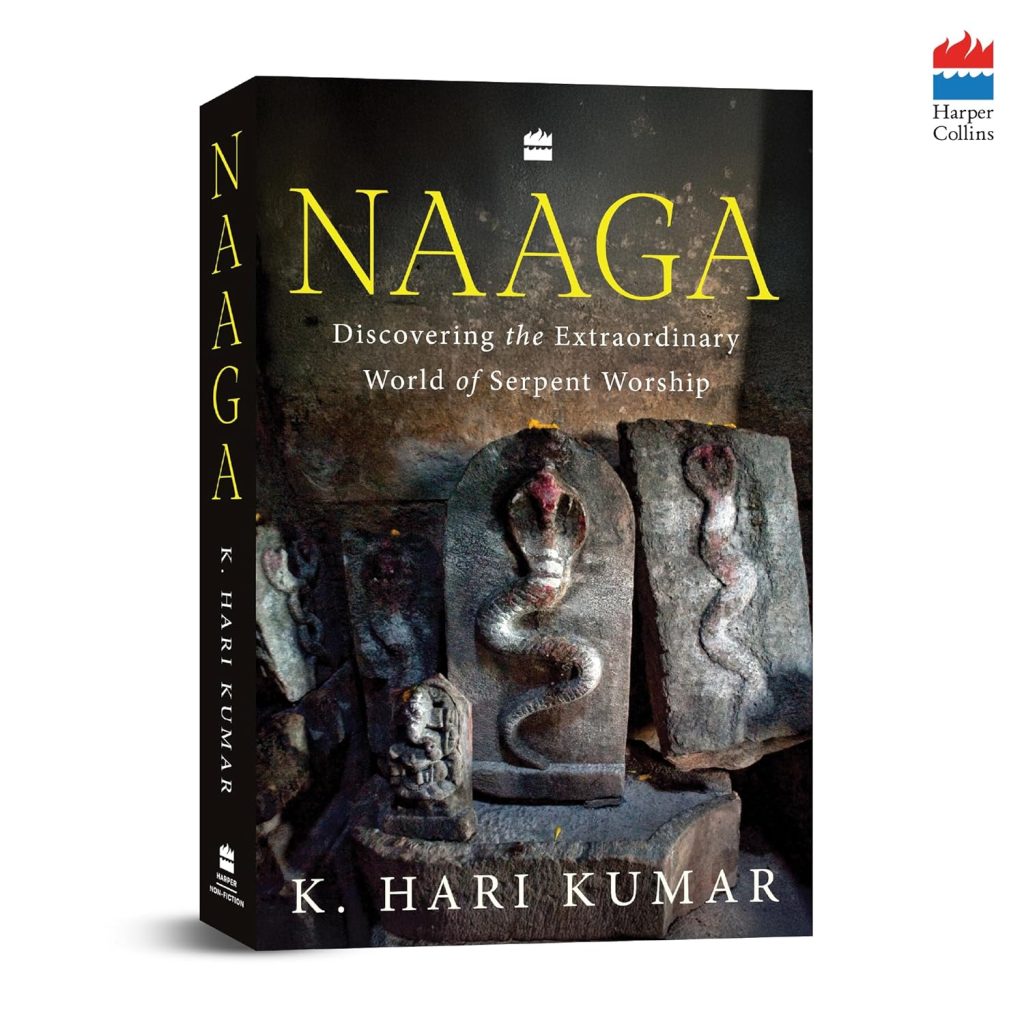When you think of a god of wealth, what comes to mind? Probably someone born into luxury, surrounded by gold and treasures. But what if Kubera, one of Hinduism’s most famous wealth gods, has a backstory that is the complete opposite of glamorous?
Watch the entire video on Youtube here:
There is a fascinating story about Kubera, the Treasurer of the Gods. This story claims that in a past life, he wasn’t a king or a rich man. He was a gambling addict who was beaten to death for ‘STEALING’. This is the story of how a man’s last, desperate act might have turned him into the divine banker of the heavens. It’s a story that tells us a deep secret about karma and what it really means to be wealthy.
In art and holy texts, he’s often shown as a chubby, pot-bellied male, covered in jewels and carrying a pot overflowing with gold. In fact, the word Kuber means ‘deformed’. But how did he end up like that? Stay with me till the end to find out the fascinating story of fate.
Welcome to Chaturya – The 4th State. I am K. Hari Kumar, author of nine bestselling books, and in today’s episode, I will tell you the story of Kuber’s past life. Before we dive into this mind-bending tale, please make sure you subscribe, hit that bell icon, and join the tribe of mystics and storytellers who seek ancient wisdom in a modern world.
Who is Kubera?
If you try to picture Kubera, you’re thinking of pure opulence. He’s the Treasurer of the Gods, the Guardian of the North direction, and the king of the mystical Yakshas—nature spirits who guard the hidden treasures of the Earth.
His lineage itself is a fascinating tale of cosmic forces. Through the line of Brahma and Pulastya Prajapati, with his father being the great sage Visravas. This makes him a half-brother to the most infamous villain in all of the epics: Ravana.
KUBER’s city is called Alakapuri, and is located in the Himalayas. It is described as a place of incredible glory. He moved there after his half-brother Ravana threw him out of his original golden city of Lanka.
He is a symbol of prosperity and is often worshipped alongside the Goddess Lakshmi, especially during festivals like Diwali. The thinking is that while Lakshmi creates wealth, Kubera protects and manages it, making sure there is abundance in the universe. He’s the god you would pray to for financial stability and for help in managing your money responsibly. His name itself means riches. But this divine image may be hiding a dark and violent past—a story that starts not in a heavenly palace, but in shame and desperation.
Kubera’s Previous Birth – Gunanidhi’s Descent
According to Shivapuran, in the city of Kaampilya, there lived a holy Brahmin named Yajnadutta. He had a son named Gunanidhi. Gunanidhi means someone who is full of good attributes. He was very handsome, everyone had high hopes for him. He was sent to a teacher to learn the holy scriptures, but at some point, Gunanidhi started hanging out with the wrong crowd. He developed a terrible addiction that would ruin his life: gambling.
What began as a secret hobby soon took over his whole life. He lied to his mother, stole from his own family. All the good qualities his name suggested were washed away by this one bad habit. He ignored his duties. However, his mother tried to protect him, and despite knowing about Gunanidhi’s vices, hid it from Yajnadutta.
Once, he even sold his father’s valuable ring to pay for his gambling. Eventually, the truth came out. His father, Yajnadutta, found out about his son’s betrayal when he found the ring in the hand of a gambler. Heartbroken and ashamed, he disowned Gunanidhi and threw him out of the house. Suddenly, Gunanidhi was homeless, without friends, and starving. The son of a respected priest was now a wanderer, haunted by the life he had thrown away.
The Unintentional Act of Devotion
For days, Gunanidhi wandered around, tormented by extreme hunger. One evening, as the sun was setting, he came across a temple for Lord Shiva. This wasn’t just any night; it was Shivaratri, the most holy night for Shiva’s followers. From outside, Gunanidhi could smell the fragrant food being prepared as offerings for the Lord.
The people were fasting, and the smell of the food offerings tempted Gunanidhi. Being religious was the last thing on his mind. His only thought was to steal that food. He hid and waited, watching as followers prayed through the night. When the prayers were over and the worshippers had fallen asleep, Gunanidhi saw his opportunity. He joined the worshippers of Shiva, sang his songs, chanted Shiva’s mantras, and waited for everyone to fall asleep.
Late in the night, He snuck into the temple’s inner room, focused on the offerings in front of the Shiva Lingam.
The room was dark, with just one oil lamp burning, and its flame was about to go out. To see the food better, Gunanidhi needed more light. He tore a piece of cloth from his own dirty clothes, made a new wick, and put it in the lamp, making the flame bright again. At that moment, all he cared about was seeing his prize. He had no idea that by keeping the lamp lit on the holy night of Shivaratri, he had accidentally performed a sacred ritual.
The Moment of Reckoning
With the food in hand, Gunanidhi tried to escape. But he was in such a hurry that he tripped over a sleeping devotee, who woke up screaming. Suddenly, the whole temple was awake. “Thief! Catch him!” they shouted. Gunanidhi couldn’t eat the food as he ran for his life, but the temple guards caught him easily and beat him to death.
Now, the story takes a turn.
Immediately, messengers of Yama, the god of death, appeared to drag his soul to hell for a life of sin. But just as they were about to leave, they were stopped. It was Shiva’s Bhutaganas. The divine attendants of Lord Shiva had arrived. The Ganas demanded that Gunanidhi be released, saying that his soul had been cleaned. They argued that on the holy night of Shivaratri, he had unknowingly fasted, heard the sacred chants, and most importantly, lit the lamp for Lord Shiva. They said that this single, accidental act of devotion had erased all his sins. After a cosmic argument, the grace of Lord Shiva won. Gunanidhi was saved from getting punished by Yama, and he was taken to Shiva’s abode.
Kubera’s Cosmic Transformation
In Shiva’s abode, Gunanidhi’s soul served Shiva and Parvati, and as a reward for his karma, he was given a noble rebirth. He was born as a good king who was devoted to Shiva. But the story doesn’t stop there. This is where the tale of Gunanidhi blends with the more famous legends of Kubera’s transformation.
In this life, he was Dama, the king of Kalinga. Once, he performed a penance so hard that Shiva and Parvati appeared before him. He looked at Parvati with a greedy eye. Parvati, seeing the darkness in his look, didn’t curse him to be ruined but instead taught him a lesson he would never forget. In a flash, his left eye burst, leaving him with only one eye forever. His body was twisted. This was a reminder that wanting too much without control will blind and twist the soul. From this moment on, he would be known as Kubera, a name that can mean “deformed one.”
The Rise of Kubera, The Custodian
This painful and humbling experience was the last part of his journey. With his ego finally gone, Lord Shiva was pleased that he had finally surrendered. He gave the now-humbled soul a wonderful gift: he would become a demigod.
Shiva made him the guardian of all the world’s treasures. He became the divine treasurer, the Lord of Wealth. But there was a very important distinction. He was not the creator of wealth; that job belongs to Goddess Lakshmi. He was meant to be its custodian—its protector and manager. This role was a responsibility, not just a privilege. He was given control over the beautiful city of Alaka and made king of the Yakshas. The man who, in one story, died as a common thief beaten for stealing food, was reborn as the divine banker to the universe, the God Kubera.
The Ultimate Secret to Prosperity
So, what does this fascinating story really teach us about wealth? Kubera’s journey is a powerful story about the human struggle with ego and desire. His twisted body and single eye are not signs of weakness but divine reminders. They act as a warning that chasing wealth without wisdom and humility is a force that blinds and corrupts.
The story suggests that true abundance isn’t about collecting possessions. It’s about the wise, moral, and generous sharing of resources. Kubera’s role as a custodian, not an owner, is the key. He is worshipped with Lakshmi because getting a fortune is only half the battle; having the wisdom to manage it is what leads to long-lasting prosperity.
The final lesson is that we are all meant to be managers, not slaves, of the resources we are given. True wealth is a spiritual state—a balance between having material things and having inner peace.
If you found this story of cosmic karma and divine transformation interesting, let us know what you think in the comments, and be sure to like and subscribe for more untold stories from Indian mythology.
Watch the entire episode on Spotify here:




Leave a Reply